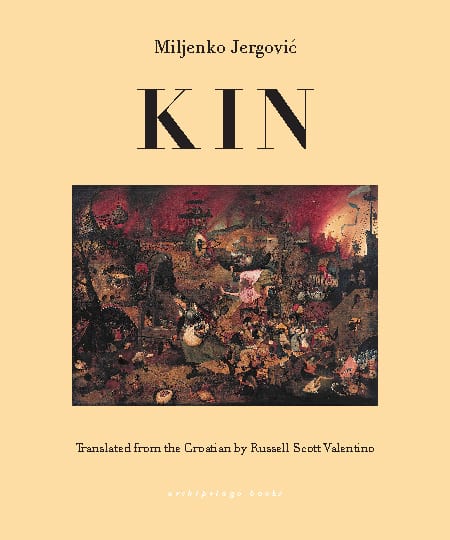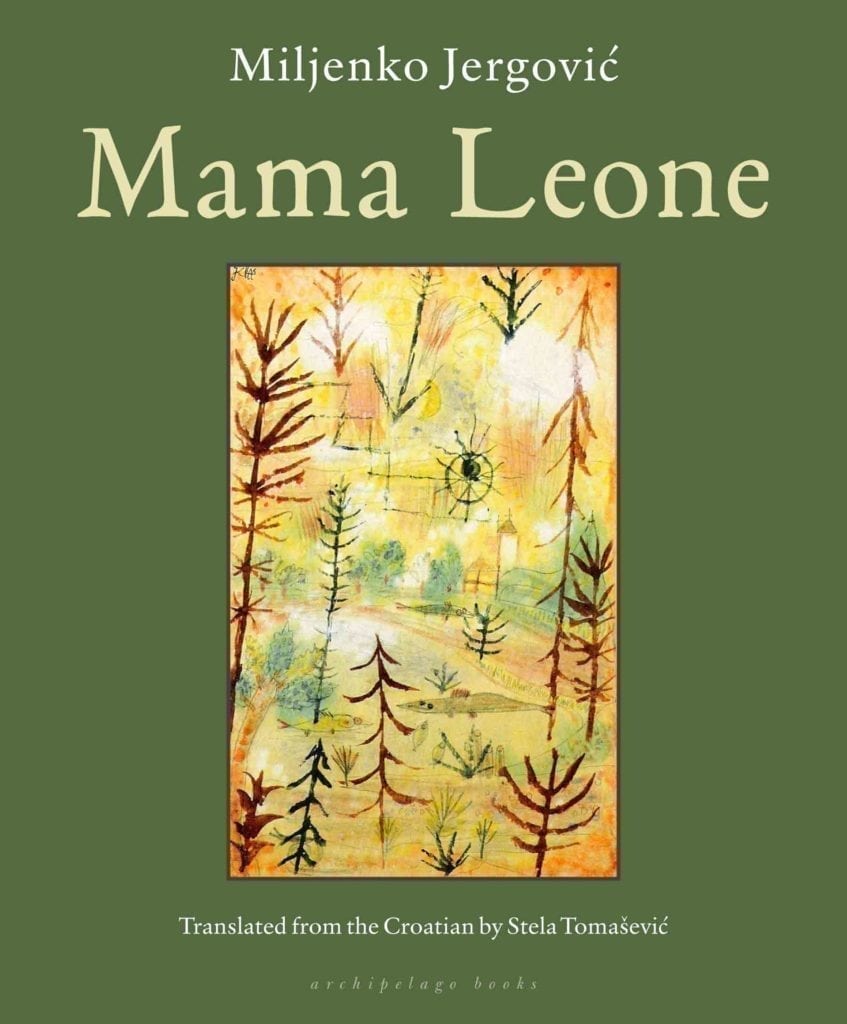Praise
PRAISE FOR MILIJENKO JERGOVIĆ’S MAMA LEONE
Extras
Visit the author’s website here.
Read Miljenko Jergović’s essay, “The Ideal Yugoslavian: Miljenko Jergović on Balkan identity, as told through the story of his family.”
Watch Andrea Maria Dusl discuss how she learned that Miljenko Jergović was her cousin by reading the Austrian edition of Kin at this link: “This is the story of a family that lived in Bosnia and the former Carniola and of which I only knew through the stories of my grandparents. And Miljenko Jergović did not know that I existed and told me the story of my lost relatives from Bosnia. It’s very rare to have a book . . . and actually read in it, where your own father is in it like in a novel and your own grandmother and uncles and aunts and everyone. So everyone I knew from stories appears in other stories. That touched me deeply.”
The author’s interview “You cannot delete the past” is available through Hungarian Literature Online.
Miljenko Jergović’s story, “The Death of the President’s Dog”, was published by Archipelago in Mama Leone and was featured on Electric Literature’s Recommended Reading Tumblr.
Miljenko Jergović and Bosnian writer Semezdin Mehmedinović co-wrote a book of personal letters, Transatlantic Mail. Asymptote published an excerpt, in which the two authors discuss Susan Sontag’s visit to Sarajevo.
Archipelago Books has proudly published other works by Miljenko Jergović; to see a list and read what people have said, please click here.



